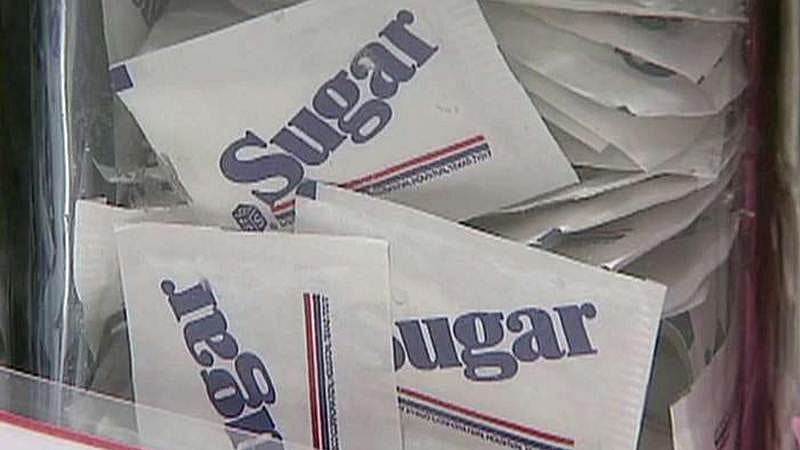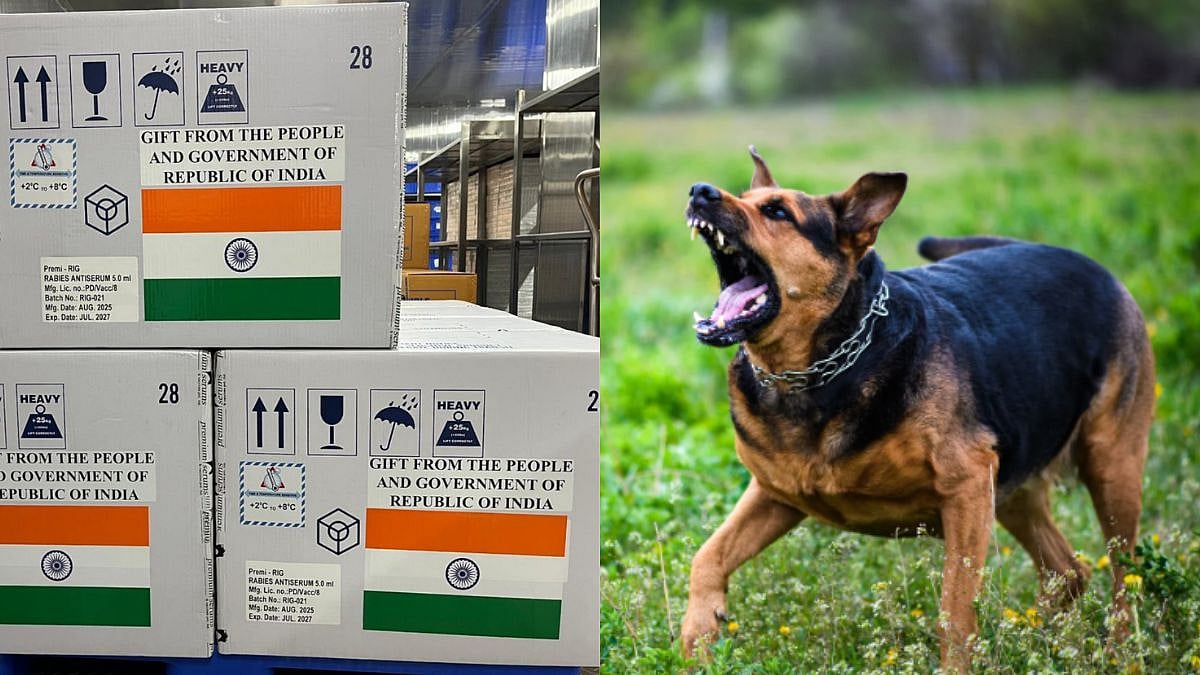Melbourne: Using artificial sweeteners may be associated with a higher risk of developing type 2 diabetes, according to a review of studies. The review, published in the journal Current Atherosclerosis Reports, shows that “people who use low-calorie sweeteners (LCS) are more likely to gain weight, the exact opposite of what consumers expect.” This is despite controlled clinical trials showing that artificial sweeteners do lead to weight loss, according to the researchers from the University of South Australia (UniSA).
There has been a 200 per cent increase in LCS usage among children and a 54 per cent increase among adults in the past 20 years, the researchers noted. Low calorie sweeteners are used in place of sucrose, glucose and fructose. They have an intense sweet flavour without the calories, but recent studies have highlighted potential adverse health effects.
A study on 5,158 adults over a seven-year period found that those who consumed large quantities of artificial sweeteners gained more weight than non-users, the researchers said. “Consumers of artificial sweeteners do not reduce their overall intake of sugar,” said Professor Peter Clifton from UniSA.
“They use both sugar and low-calorie sweeteners and may psychologically feel they can indulge in their favourite foods. Artificial sweeteners also change the gut bacteria which may lead to weight gain and risk of type 2 diabetes,” he said in a statement.
Artificially sweetened beverages (ASB) are also linked with increased risks of death and cardiovascular disease, and stroke and dementia among older people, but it is not clear why, the researchers said.
Clifton cites 13 studies which investigated the effects of ASB intake on the risk of type 2 diabetes, all of which found either no link or a positive one. One study found that substituting ASB for sugar-sweetened beverages or fruit juices was associated with a 5-7 per cent lower risk of type 2 diabetes. “A better option than low-calorie sweeteners is to stick to a healthy diet, which includes plenty of whole grains, dairy, seafood, legumes, vegetables and fruits and plain water,” Clifton said.
—PTI










